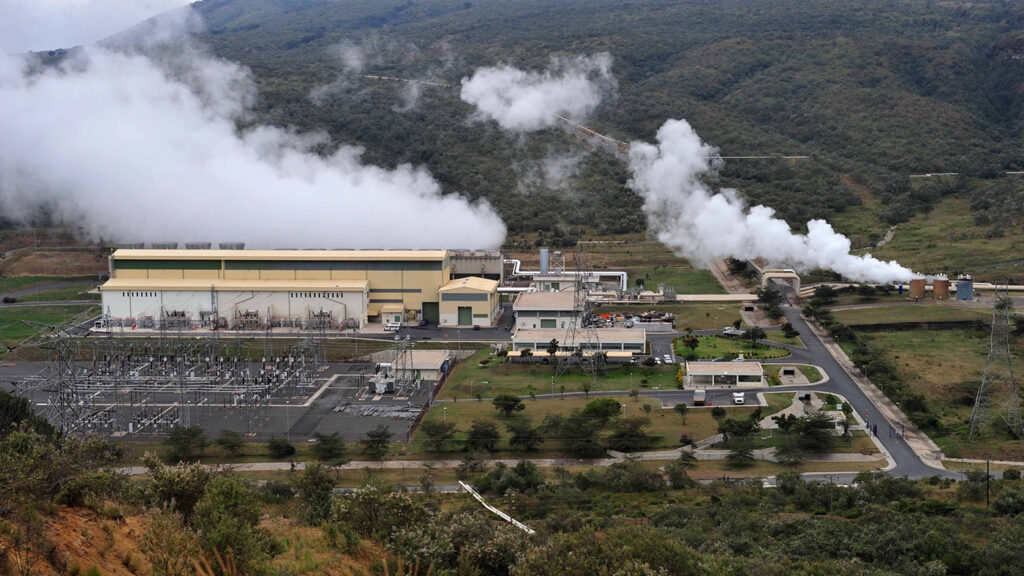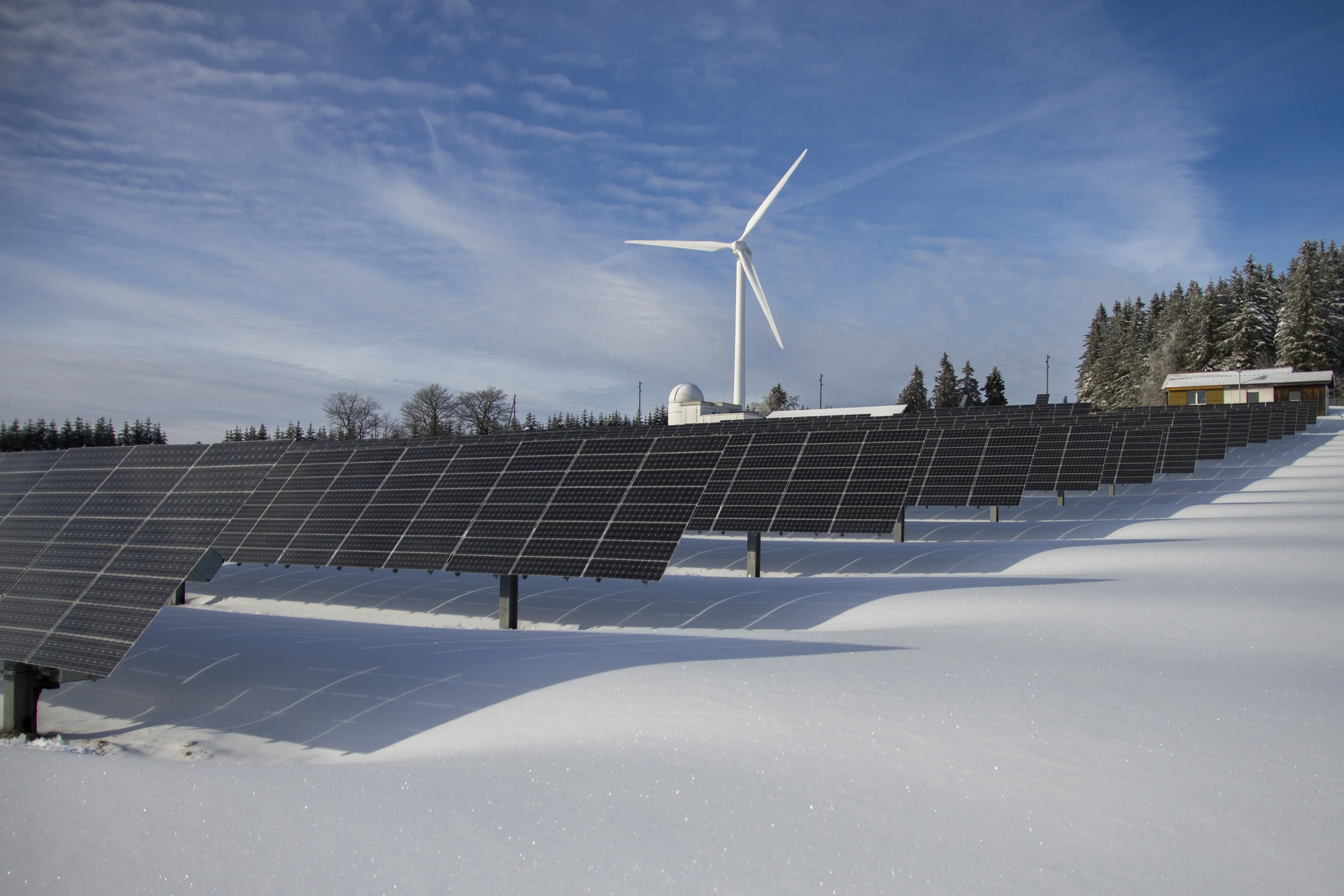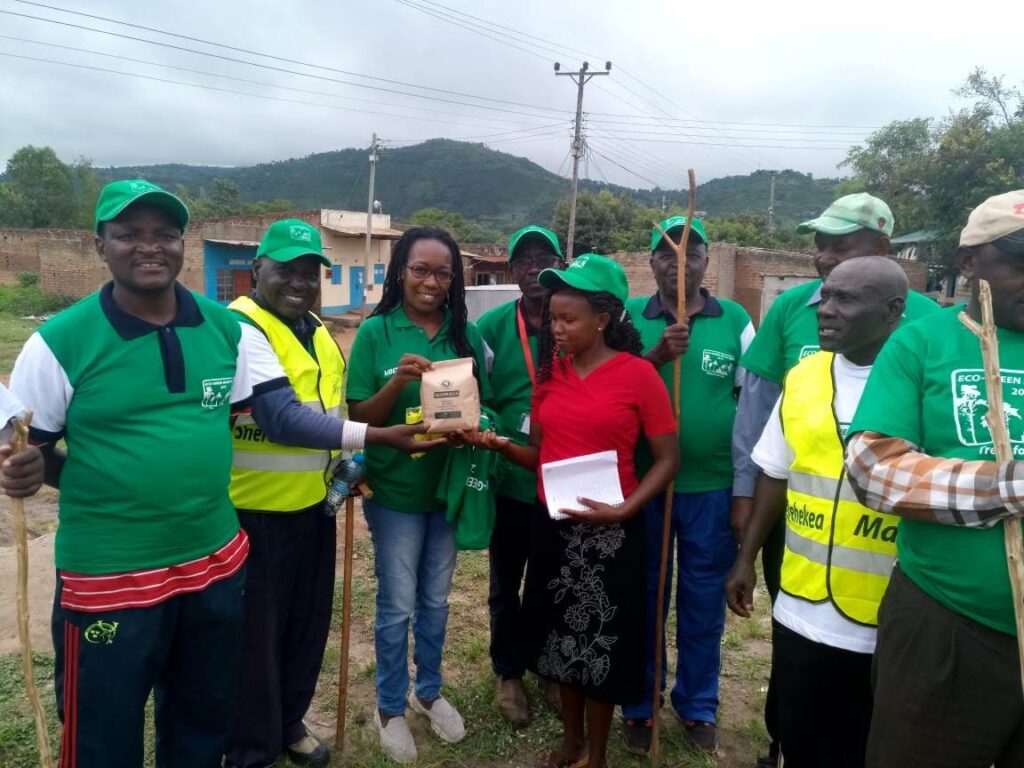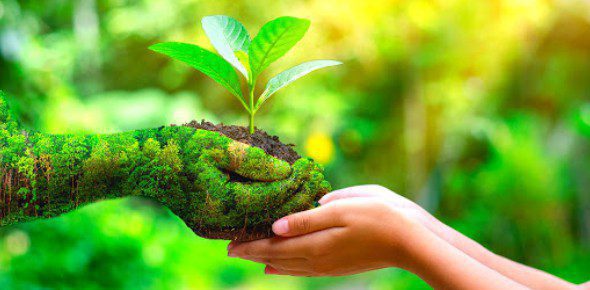As we come to the end of February 2023, it is important to reflect on the progress that has been made in Kenya towards eco-green initiatives. From new technologies to societal shifts, there has been a concerted effort to prioritize sustainability and protect our environment. In this article, we’ll take a look at some of the exciting developments that have taken place over the past month and what we can look forward to in the future.

One of the most pressing environmental issues facing Kenya is deforestation. Kenya has lost over 12% of its forest cover over the past two decades, which has had a devastating impact on the environment, wildlife, and local communities. However, there have been efforts to combat deforestation through the planting of trees and the use of alternative sources of fuel. One promising development is the use of briquettes made from waste materials like sawdust and charcoal dust, which can be used as an alternative to firewood and charcoal. This not only reduces deforestation but also creates a new source of income for local communities.
Another area where progress is being made in Kenya is in the production of renewable energy. Kenya has long been a leader in the use of geothermal power, with over 50% of the country’s electricity coming from this source. However, there is still a long way to go in terms of expanding access to renewable energy, particularly in rural areas. One promising development is the installation of solar-powered mini-grids, which can provide electricity to remote communities that are not connected to the national grid. These mini-grids are not only environmentally friendly but also provide a reliable source of power that can improve the quality of life for rural communities.

Of course, it’s not just about finding new ways to generate energy – it’s also about using it more efficiently. In recent years, there has been a push to make buildings more energy-efficient in Kenya, with innovations like smart thermostats and energy-saving windows. However, there is still a long way to go in this area. One promising development is the use of “green buildings”, which are designed to be so well insulated and airtight that they require very little energy to heat or cool. These buildings use a combination of high-performance windows, insulation, and ventilation systems to maintain a comfortable temperature all year round. While they may be more expensive to build than traditional buildings, they can save owners significant amounts of money on energy bills in the long run.
Another area where energy efficiency is becoming increasingly important in Kenya is transportation. As more and more people move to cities, there is a growing need for sustainable transportation options. In recent years, we’ve seen a rise in electric bikes and scooters, as well as an expansion of public transportation systems with a few transportation companies leading the migration electric buses. However, there is still a long way to go in terms of reducing emissions from cars and trucks. One promising development is the rise of autonomous vehicles, which could potentially reduce the number of cars on the road and optimize driving patterns to minimize fuel consumption. Additionally, more car manufacturers are investing in electric and hybrid vehicles, which are becoming more affordable and accessible to the average consumer.

Of course, it’s not just about energy – there are also efforts being made to reduce waste and pollution in Kenya. One promising development in this area is the rise of circular economies, which seek to minimize waste and maximize the reuse of resources. In a circular economy, products are designed to be easily disassembled and recycled, and waste is viewed as a valuable resource rather than something to be discarded. This model has already been adopted in some parts of the world, and we can expect to see more companies and governments adopting it in the years to come.
Another area where progress is being made in Kenya is in reducing plastic waste. Plastic pollution has become a major problem in recent years, with millions of tons of plastic waste ending up in our oceans and harming marine life. In Kenya, there have been efforts to ban single-use plastics and promote the use of biodegradable alternatives. One exciting development in this area is the use of cassava starch to create biodegradable bags. These bags are not only eco-friendly but also cheaper than traditional plastic bags, making them a more accessible option for consumers.

What’s next for Eco Green Initiative?
As we look towards the future, there are many exciting developments on the horizon for eco-green initiatives in Kenya. One area that is expected to see significant growth is the use of blockchain technology to track and verify sustainable practices. Blockchain can be used to create a transparent supply chain, ensuring that products are sourced and produced in an environmentally friendly way. This could be particularly important for industries like agriculture, where there is a growing demand for sustainably sourced products.
Another area where we can expect to see significant growth is in the use of artificial intelligence (AI) to optimize energy usage. AI can be used to analyze data and make predictions about energy consumption, allowing for more efficient use of resources. This could be particularly important for industries like manufacturing, which consume large amounts of energy and produce significant amounts of waste.
In addition to technological advancements, there is also a growing awareness and appreciation for eco-green initiatives in Kenya. Consumers are becoming more conscious of their impact on the environment and are actively seeking out sustainable products and services. This shift in consumer behavior is driving companies to adopt more eco-friendly practices, from using renewable energy sources to reducing waste in their supply chains.
So, what can we do to continue this momentum towards a more sustainable future? One important step is to continue investing in renewable energy sources like solar and wind power. This not only reduces our carbon footprint but also creates new job opportunities and supports local communities. We can also reduce our energy consumption by using more energy-efficient appliances, insulating our homes, and using public transportation or electric vehicles.

Another important step is to reduce our waste and promote a circular economy. This means recycling as much as possible, using biodegradable products, and supporting companies that prioritize sustainability. We can also reduce our plastic waste by bringing reusable bags and containers when shopping and choosing products with minimal packaging.
Finally, we can support eco-green initiatives by advocating for policies and regulations that prioritize sustainability. This means supporting politicians who prioritize environmental issues and using our voices to push for change in our communities and workplaces.

In conclusion, February 2023 has been a month of progress and excitement for eco-green initiatives in Kenya. From the use of biodegradable bags to the rise of circular economies, there are many promising developments that give us hope for a more sustainable future. By continuing to invest in renewable energy, reduce waste, and advocate for sustainability, we can all play a role in creating a greener, more resilient Kenya for future generations.


